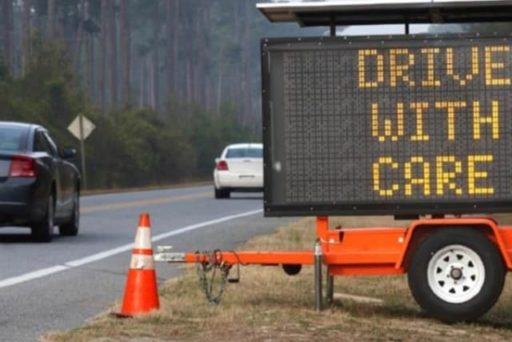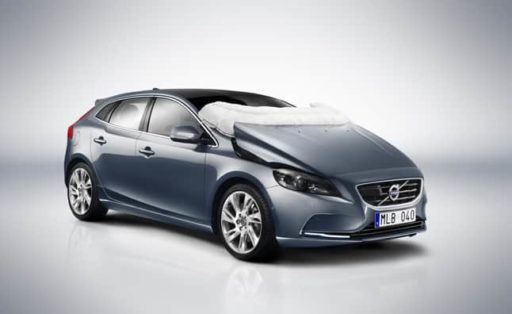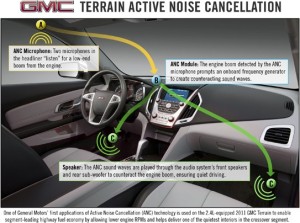Google’s Prediction API lets Fords learn all about you, tell you where to go and there aren’t many details available for now but Ford was quick to stress that the Google Prediction API will be an option in its cars, not a basic feature and also any information collected will be encrypted. Ford partnering with Google is a head-scratching presenter because it seemed as if the car and light truck giant had already hitched a ride with Microsoft as its tech partner and this new technology can determine whether a weekday morning start-up is going to be a long workday commute or if a Sunday afternoon run is just a few blocks to church…………
Introduction:
- Ford is leveraging Google’s new Prediction API to advance ongoing research in how predictive driver behavior could help optimize vehicle control systems and improve vehicle performance attributes such as fuel or hybrid-electric efficiency
- The Google Prediction API, which provides greater computation power, information storage and external data through cloud computing, can convert historical driving data – the where and when you drive – into useful real-time predictors
- Ford envisions the capability to empower vehicles to offer drivers smart guidance based on learned behaviors and a variety of captured data
Ford researchers are harnessing the power of cloud computing, analytics and Google innovation to identify technologies that could make tomorrow’s vehicles smart enough to independently change how they perform to deliver optimal drivability and fuel efficiency.Ford researchers are applying Google‘s new Prediction API to more than two years of their own predictive driver behavior research and analysis. The Google API can convert information such as historical driving data where a driver has traveled and at what time of day for example into useful real-time predictions, such as where a driver is headed at the time of departure.“The Google Prediction API allows us to utilize information that an individual driver creates over time and make that information actionable,” said Ryan McGee, technical expert, Vehicle Controls Architecture and Algorithm Design, Ford Research and Innovation. “Between Google Prediction and our own research, we are discovering ways to make information work for the driver and help deliver optimal vehicle performance.”
Ford is hoping to use these types of cloud-stored data to enable a vehicle essentially to optimize itself and perform in the best manner determined by a predicted route.This week, Ford researchers presented a conceptual case of how the Google Prediction API could alter the performance of a plug-in hybrid electric vehicle at the 2011 Google I/O developer conference. In this theoretical situation, here’s how the technology could work:
- After a vehicle owner opts in to use the service, an encrypted driver data usage profile is built based on routes and time of travel. In essence, the system learns key information about how the driver is using the vehicle.
- Upon starting the vehicle, Google Prediction will use historical driving behavior to evaluate given the current time of day and location to develop a prediction of the most likely destination and how to optimize driving performance to and from that location.
- An on-board computer might say, “Good morning, are you going to work?” If the driver is in fact going to work, the response would be, “Yes,” and then an optimized powertrain control strategy would be created for the trip. A predicted route of travel could include an area restricted to electric-only driving. Therefore, the plug-in hybrid could program itself to optimize energy usage over the total distance of the route in order to preserve enough battery power to switch to all-electric mode when traveling within the EV-only zone.
“Once the destination is confirmed, the vehicle would have instant access to a variety of real-time information so it can optimize its performance, even against factors that the driver may not be aware of, such as an EV-only zone,” said McGee.“Once the destination is confirmed, the vehicle would have instant access to a variety of real-time information so it can optimize its performance, even against factors that the driver may not be aware of, such as an EV-only zone,” said McGee.Knowing that driver behavior and patterns correlate to overall fuel and energy efficiency during the vehicle ownership experience, Ford researchers are committed to increasing their understanding of driver behavior behind the wheel and to developing accurate protocols to predict it.“Anticipating the driver’s destination is just one way that Ford is investigating predicting driver behavior,” said McGee. “This information can ultimately be used to optimize vehicle performance attributes such as fuel efficiency and driveability.”The Google Prediction API is one example of a technology that is helping Ford open doors to new predictive possibilities powered by the cloud.
“Ford already offers cloud-based services through Ford SYNC®, but those services thus far have been used for infotainment, navigation and real-time traffic purposes to empower the driver,” said Johannes Kristinsson, system architect, Vehicle Controls Architecture and Algorithm Design, Ford Research and Innovation. “This technology has the potential to empower our vehicles to anticipate the driver’s needs.”Work is now underway to study the feasibility of incorporating other variables such as driver style and habits into the optimization process so Ford can further optimize vehicle control systems, allowing car and driver to work together to maximize energy efficiency.Integral to this next-step work is personal information security, an issue that is of the utmost importance to Ford. “We realize that the nature of this research includes the use of personal data and location awareness, something we are committed to protecting for our customers in everything we do,” notes Kristinsson. A key component of this project is looking at how to develop secure personal profiles that will ensure appropriate levels of protection and specific data use only by the driver and the vehicle to deliver the best driving experience.
[ttjad keyword=”auto”]




